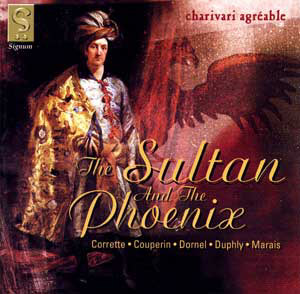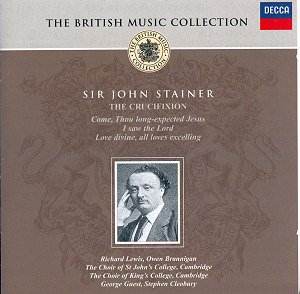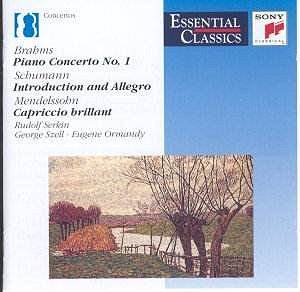 Composer: Various (Louis Couperin, Michel Corrette, François Couperin, Pierre Dumage, Armand-Louis Couperin, Jacques Duphly, Louis-Antoine Dornel, Marin Marais)
Composer: Various (Louis Couperin, Michel Corrette, François Couperin, Pierre Dumage, Armand-Louis Couperin, Jacques Duphly, Louis-Antoine Dornel, Marin Marais)
Works: The Sultan and the Phoenix
Performers: Charivari Agréable (Susanne Heinrich, Sarah Grosser, Susanna Pell, Reiko Ichise, Asako Morikawa, Lynda Sayce, Kah-Ming Ng)
Recording: Recorded in St. Andrews Church, Toddington, Gloucestershire, December 2000
Label: SIGNUM CD 032
The splendidly curated album “The Sultan and the Phoenix” offers a vibrant exploration of the French Baroque, showcasing a range of composers who, while historically overshadowed by their more prominent contemporaries, contributed significantly to the evolution of chamber and keyboard music during the 17th and early 18th centuries. The selections span from Louis Couperin to Marin Marais, encapsulating the stylistic diversity and rich textures characteristic of the period. The title work, François Couperin’s multi-movement suite, serves as an exemplar of this era’s intricate interplay between the Italian Baroque’s melodic clarity and the French penchant for ornamentation.
Charivari Agréable, known for its innovative arrangements and skillful interpretations, brings a refreshing vitality to these works. The ensemble cleverly melds modern replicas of period instruments—treble viols, quinton viols, and a theorbo, among others—into rich sonorities that blur the lines between solo and ensemble playing. This approach highlights the inherent dialogue within the music, particularly in Michel Corrette’s “Le Phoenix” Concerto for four bass viols and continuo, where the arrangement allows each individual voice to emerge distinctly while simultaneously contributing to the cohesive tapestry of sound.
Interpreting the Couperin works, notably the ‘Sultan’ suite, Charivari Agréable adopts a fluidity that is both engaging and reflective of the composer’s reverence for the Italian style. The performers navigate the intricate textures with finesse, allowing the ornamentation to bloom naturally rather than overwhelming the melodic lines. The harpsichord solo “La Cheron,” attributed to Armand-Louis Couperin, showcases the instrument’s percussive capabilities contrasted with the lyrical qualities of the viols, creating a compelling dialogue that is both intimate and expansive.
The recording quality is commendable, capturing the resonance of St. Andrews Church’s acoustics without compromising the clarity of individual lines. Each instrument is well-defined within the ensemble, a crucial aspect when dealing with the often dense textures of Baroque music. The engineering subtly enhances the ensemble’s dynamics, allowing for the quieter nuances to shine through while maintaining the vigor of the more robust passages. However, a slight reservation arises in the arrangement of Marais’s Chaconne from “Alcione.” While the intimacy of the performance is appealing, it lacks the grandeur that the orchestral version conveys; the piece feels somewhat diminished in scale, emphasizing individual virtuosity over the collective strength of the ensemble.
Engaging with this disc provides a delightful entry into the world of French Baroque music, illuminating lesser-known gems alongside celebrated compositions. Charivari Agréable’s adeptness in combining scholarly arrangement with passionate performance offers an enriching experience for both seasoned listeners and newcomers. The thoughtful selections and interpretations make “The Sultan and the Phoenix” a worthwhile addition to the repertoire of early music.



